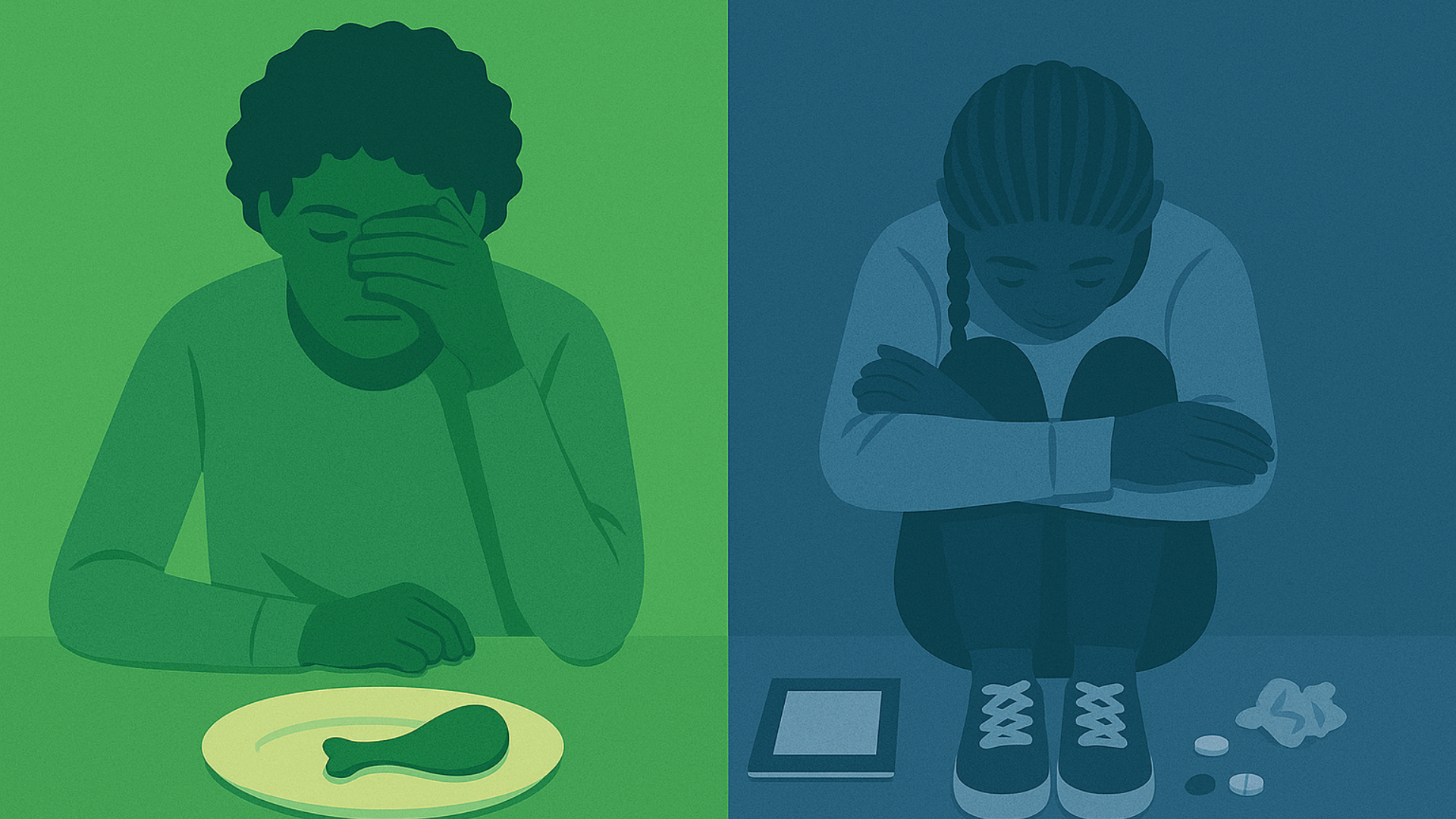“I’m So Excited for My Life.” — Thrive Wellness Client Megan Fairbanks Discusses Her Eating Disorder Treatment and Recovery

Thrive Wellness client Megan Fairbanks attended eating disorder treatment, found healing, and impressively recreated her life in recovery. In the Q&A below, Megan describes her treatment experience and inspiring personal growth.
When did you attend eating disorder treatment at Thrive Wellness?
I’ve been to Thrive Wellness a few times. With each experience, I learned something new. During my most recent treatment stint, I wholly committed to healing. I decided it was something I wanted. And here I am today, more than two years in recovery .
What was different about your most recent decision to begin treatment?
People often have epiphanies in their recovery journeys. Sometimes the realizations are gradual, and sometimes they undeniably burst into the mind. One day, I woke up and knew that I didn’t want to struggle with my eating disorder anymore. I was tired of the behaviors that had taken away my friendships, turned me into an untrustworthy person, and hurt my body . Still, I found it difficult to believe that my life would get better. Thrive Wellness helped me take the leap of faith. They made sure I wasn’t alone on this journey, and that’s special.
Can you describe your eating disorder treatment experience at Thrive Wellness?
Typical treatment days consisted of different therapy groups and two to three meals . My favorite therapy group was art therapy . It inspired me to want to become an art therapist.
Thrive Wellness’ staff was so nice. I could tell they wanted to make the world a better place. I felt loved and supported by them.
The other clients were amazing as well. The personal and intimate experience of treatment allowed me to connect deeply with individuals that I wouldn’t typically encounter. I was even able to make lifelong friends.
Were there any Thrive Wellness recovery coaches that were especially helpful during your treatment experience?
My two favorite recovery coaches were Rachel Hald, LMSW, CSW-Intern, who’s now a therapist, and Natalie Russ, BSW-Intern. They saw me at my worst. Now, I’m stronger and better than ever.
Related: Defining an Eating Disorder Treatment Team at Thrive Wellness: Comprehensive, Collaborative Care
How has your perspective changed since attending treatment and beginning recovery?
When my eating disorder was active, I wanted to be the best, the skinniest, etc. After attending treatment, I realized there’s so much more to life than being the smallest. I also learned to enjoy food again, which had been immensely difficult for me before treatment. Additionally, I learned to sit with my thoughts and emotions while also becoming more comfortable with myself.
Every day, I learn more about who I am and how I can repair my relationship with food and my body. The opportunity that Thrive Wellness gave me to reconnect with myself and my inner child was extraordinary. I love Thrive.
Throughout my eating disorder, I lost friends. Since recovering, I’ve also made friends. Most importantly, I’m my own best friend. Nourishing my mental, emotional, and physical health comes first. I know that my eating disorder doesn’t allow me to be authentic, which is essential to me.
What would you tell others with eating disorders who may be reluctant to attend treatment?
I was hesitant to go to treatment as well. The thought of spending twelve hours of my day at a treatment center scared me, but it was necessary.
For an individual considering treatment, their eating disorder probably makes them feel safe. The condition is no longer serving them, however. It’s hurting them. Treatment will open up a whole new world. Yes, the unknown is most likely scary, but it’s also beautiful.
Without taking the first step, learning to walk is impossible. Without caring for oneself , growing into a new person is impossible. Take that leap of faith, and fake it until you make it.
What does your life look like today in recovery?
My eating disorder was active during my junior and senior years of high school. All of my friends were stressed about Advanced Placement (AP) tests, and I was worried about surviving until the next day. Today, I’m looking at new colleges. I’m going to graduate next semester. I’m so excited about my life.
Before treatment, I couldn’t realistically move away from home. Now, I’m applying to out-of-state colleges. It’s so amazing to see the progress that I’ve made. I’ve become more resilient and a better person.
The eating disorder took so much from me. I couldn’t think normally. My thoughts revolved around food and my body. Now, I have the mental space to think about more important things, like my boyfriend and my dog.
COLLABORATIVE, COMPREHENSIVE EATING DISORDER TREATMENT AT THRIVE WELLNESS
Through primary care, mental health therapy, nutrition guidance, and occupational therapy , Thrive Wellness’ interdisciplinary clinicians provide collaborative care to clients struggling with eating disorders. Emphasizing Intuitive Eating practices, Health at Every Size® (HAES®) principles, and mindful movement , Thrive Wellness empowers individuals to reclaim and redefine their relationships with food and their bodies. To learn more about our eating disorder treatment services , reach out .
While all Thrive Wellness locations offer interdisciplinary clinical teams who collaborate to treat eating disorders, perinatal mood and anxiety disorders (PMADs), and additional mental and behavioral health conditions, programs and services may vary by location.








